Portion of DSCC Families Now Enrolled in Managed Care
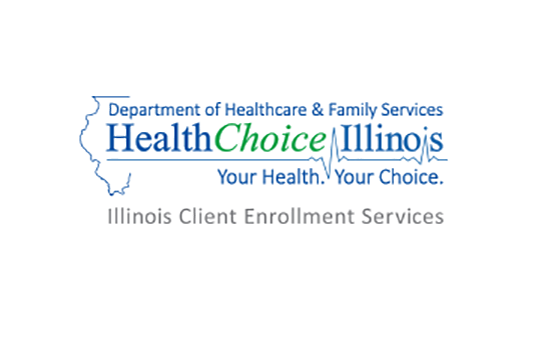
DSCC continues to provide care coordination services and support for affected families.
Illinois children with special healthcare needs who receive Medicaid are now enrolled in managed care.
Managed care is a type of health insurance program. When you enroll in managed care, you become a member of a health plan. HealthChoice Illinois is the new managed care program that is now required statewide.
The Illinois Department of Healthcare and Family Services (HFS) moved children with special healthcare needs into a HealthChoice Illinois health plan on Feb. 1.
This transition affected participants enrolled with the University of Illinois at Chicago’s Division of Specialized Care for Children (DSCC) who both:
- Receive Medicaid and
- Do not have private health insurance
DSCC staff is working with HFS and its partners to continue our care coordination services for DSCC families now enrolled in a HealthChoice Illinois health plan.
We are developing contracts with each HealthChoice Illinois plan so families continue to receive the right support for their unique needs and goals.
We will share more information about our partnership with each HealthChoice Illinois health plan once contracts are complete.
DSCC staff is here to help affected families with any questions about your new health plan.
You may contact your local DSCC regional office or reach us at (800) 322-3722 or dscc@uic.edu.
Greeting Card Contest Winners Announced

DSCC’s new greeting cards feature artwork from young Illinois artists
The University of Illinois at Chicago’s Division of Specialized Care for Children (DSCC) is excited to announce the winners of our Greeting Card Art Contest.
The 38 greeting card designs feature drawings from 28 artists ranging in age from 1 to 18.
The cards will be sent to our participants, providers and community partners.
There are at least six designs for each greeting card category:
- Congratulations
- Get Well
- Happy Birthday
- Happy Holidays
- Thank You
- With Sympathy
DSCC collected drawings for the greeting cards from Illinois youth all over the state. The drawings were posted on DSCC’s Facebook page. Those that received the most likes were considered for the greeting card designs.
Congratulations to all of the artists!
The winning designs for each category are:
Congratulations
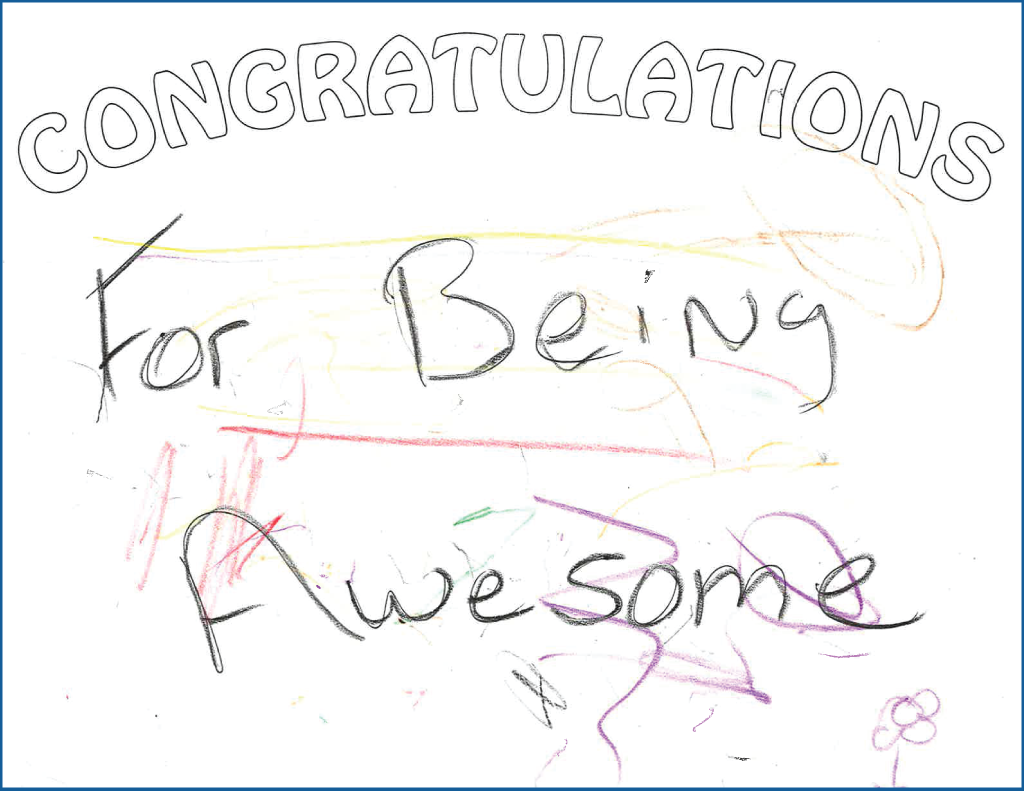
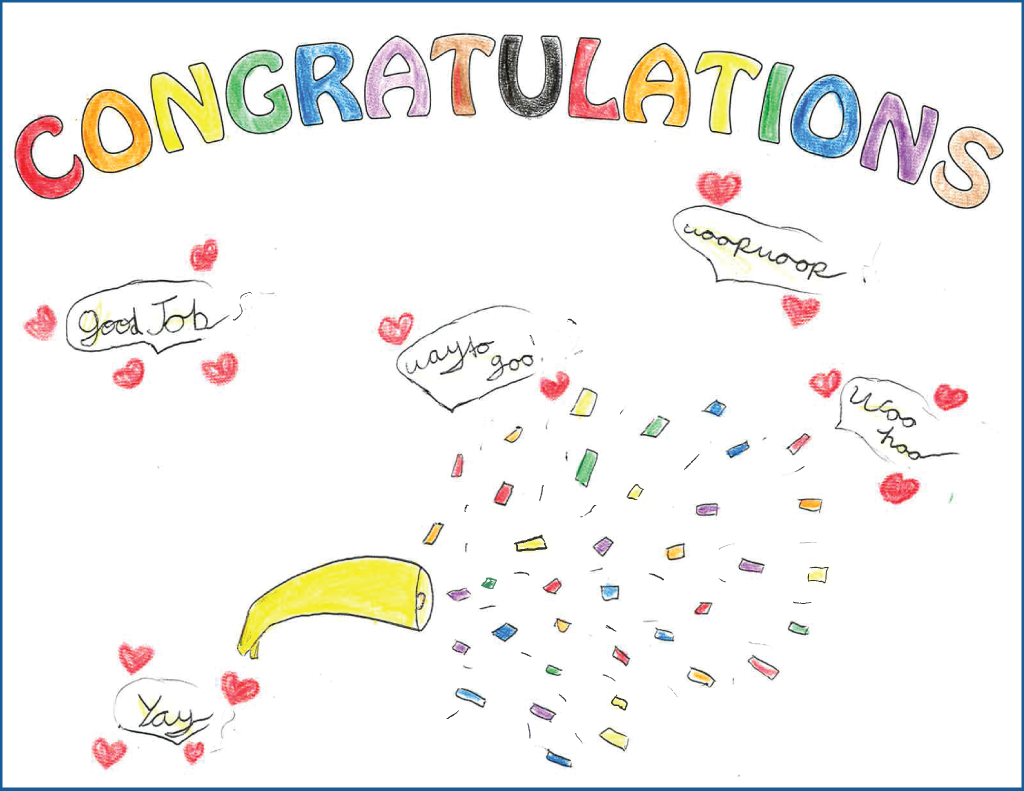
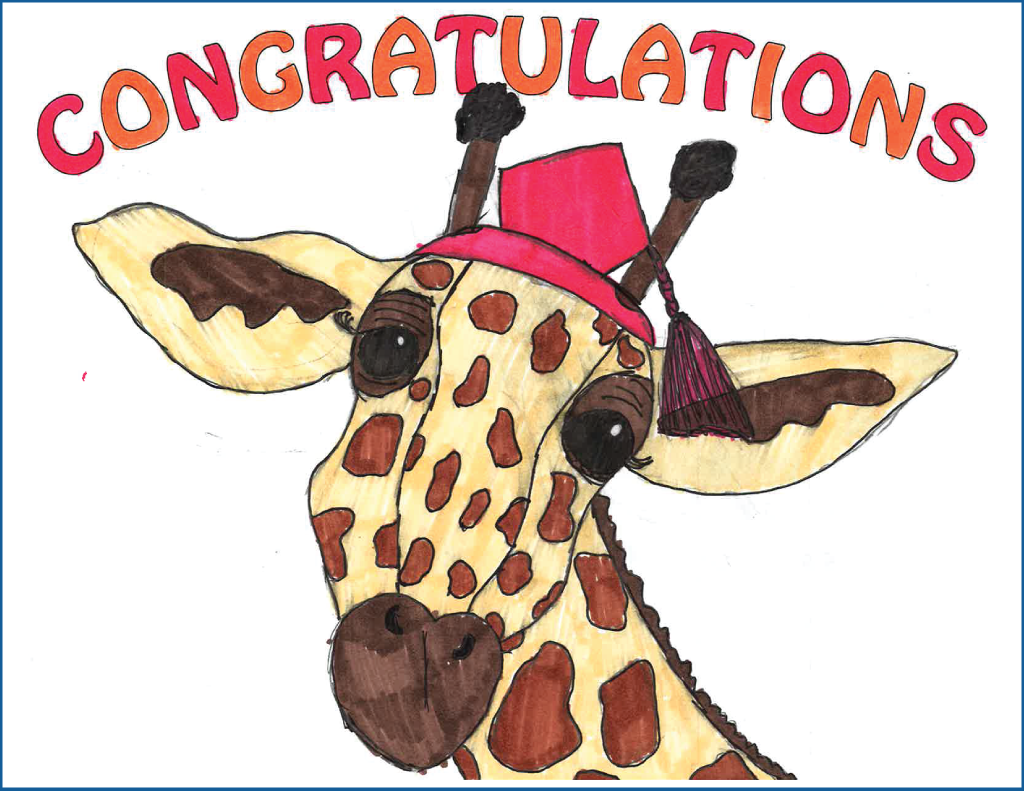
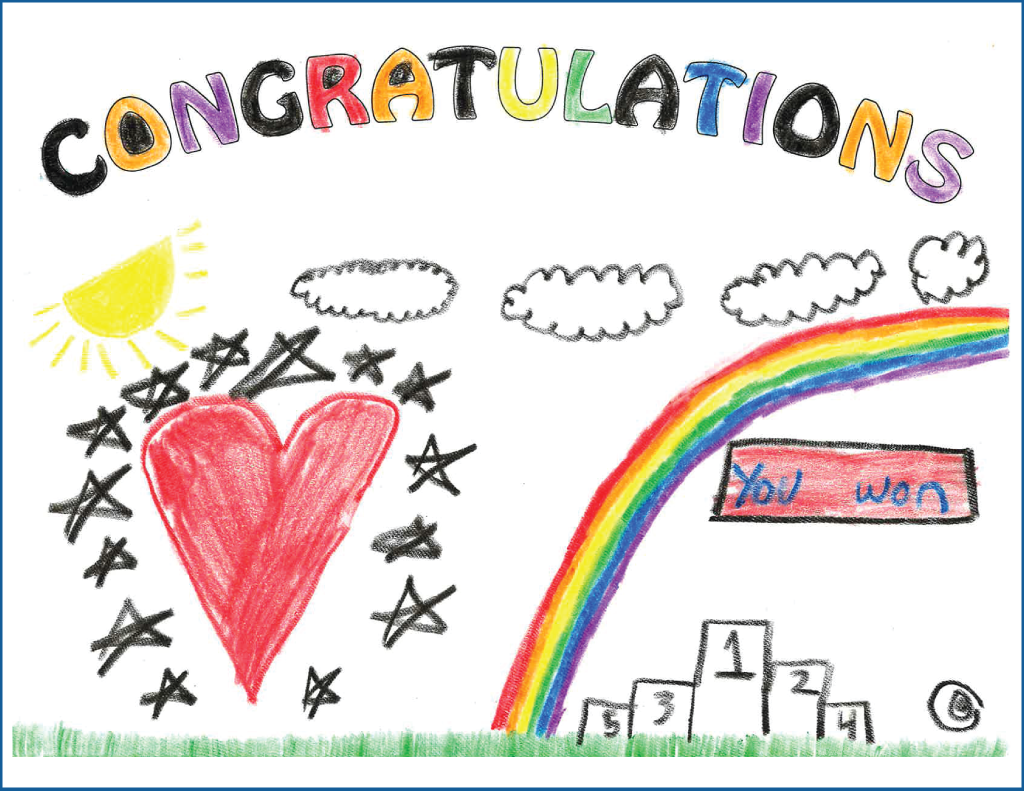
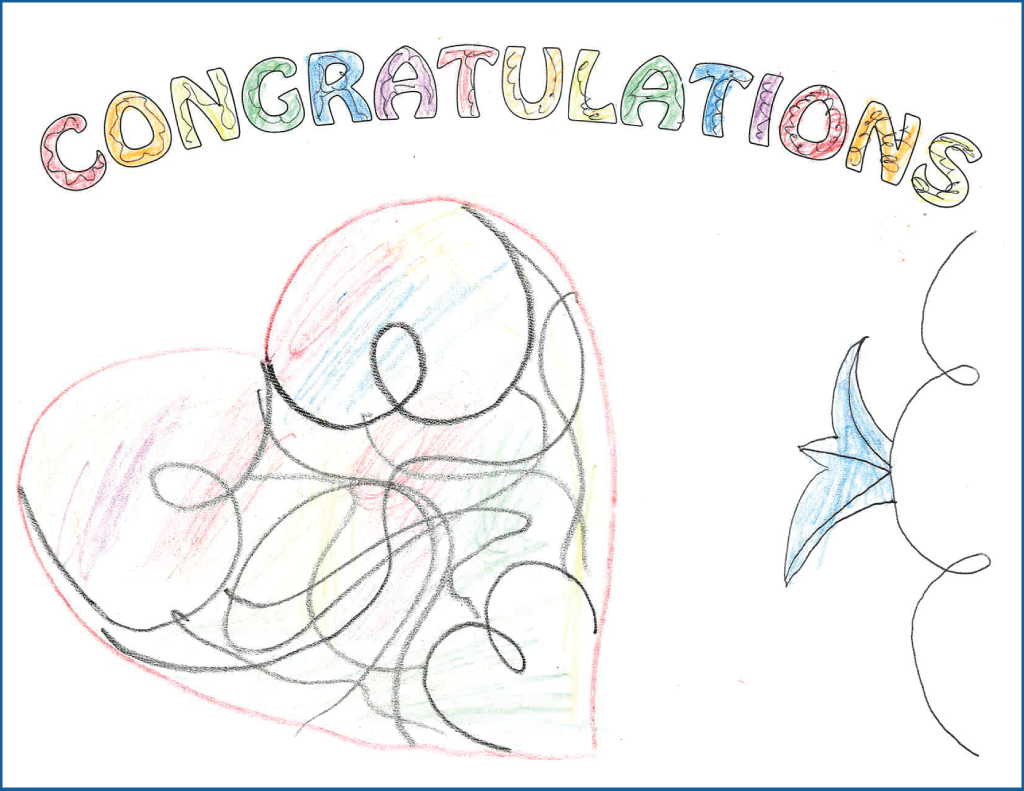
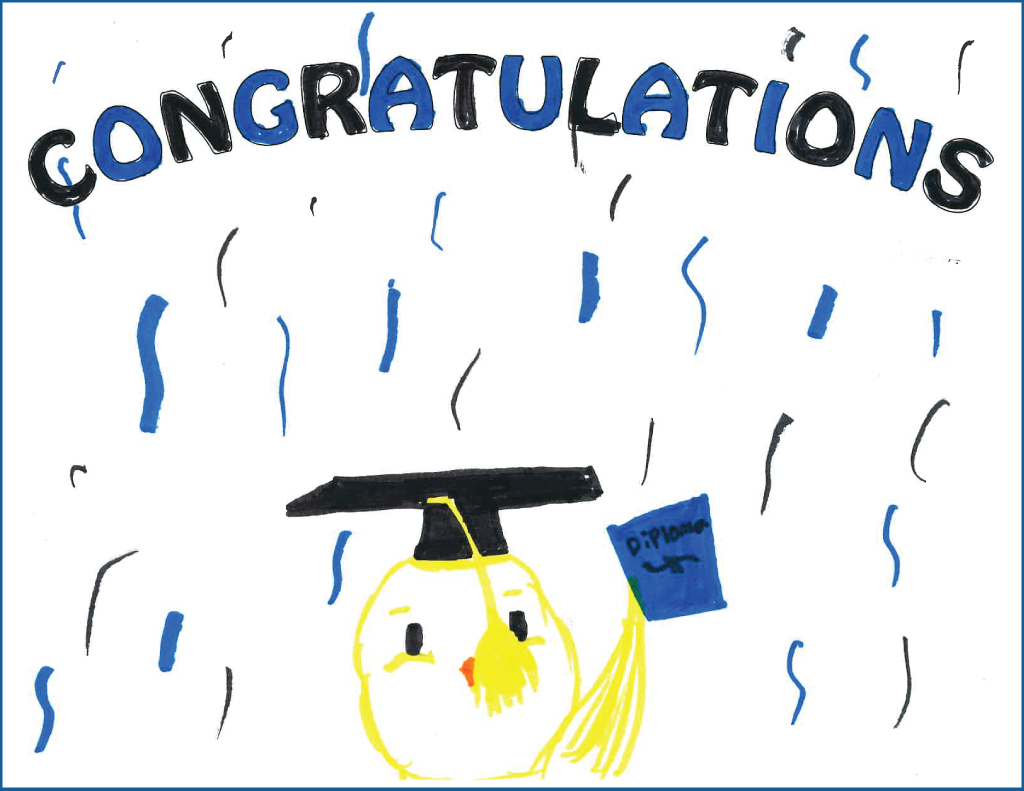
Get Well

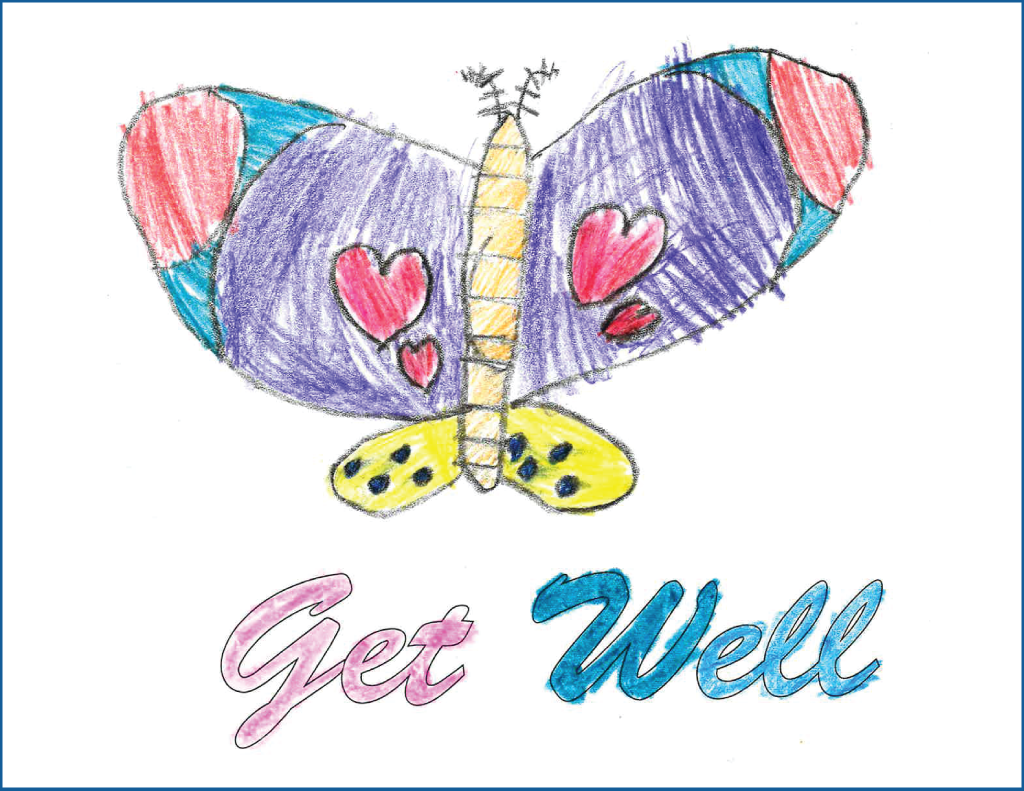
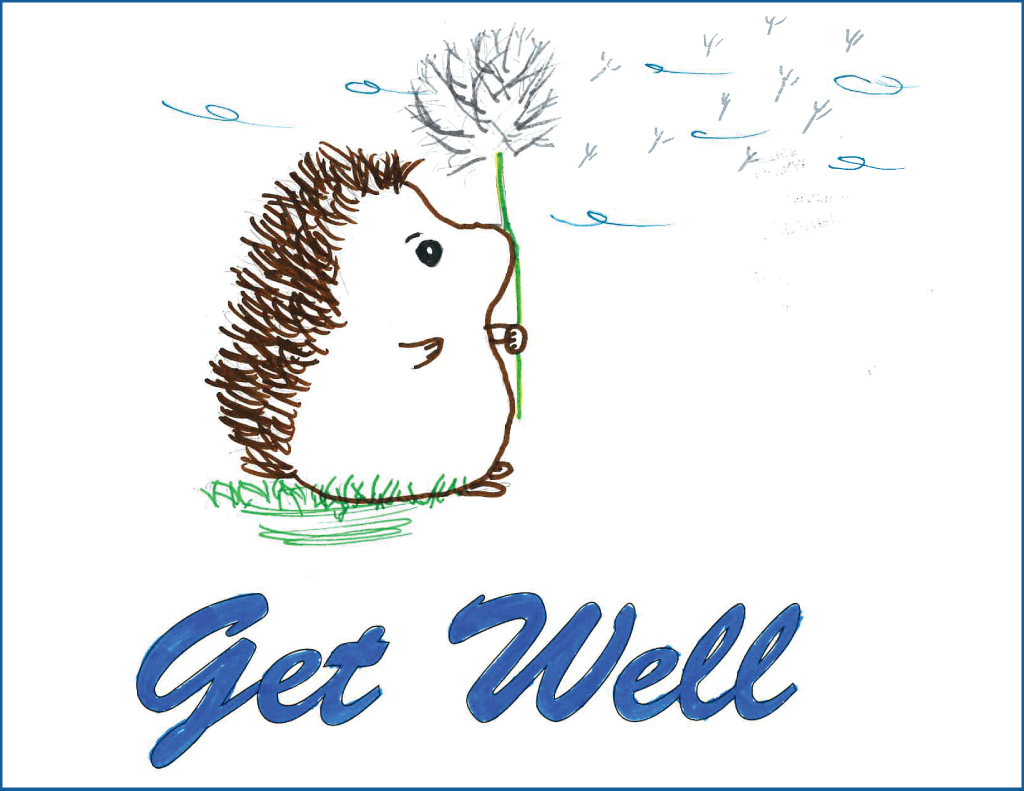
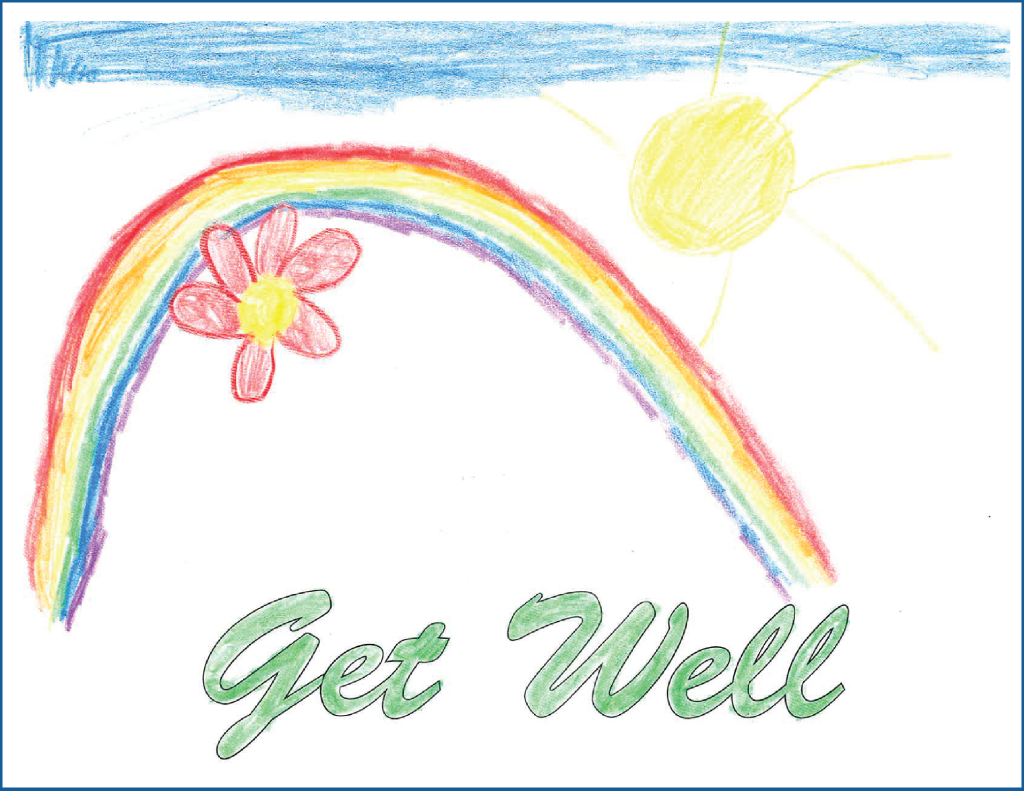
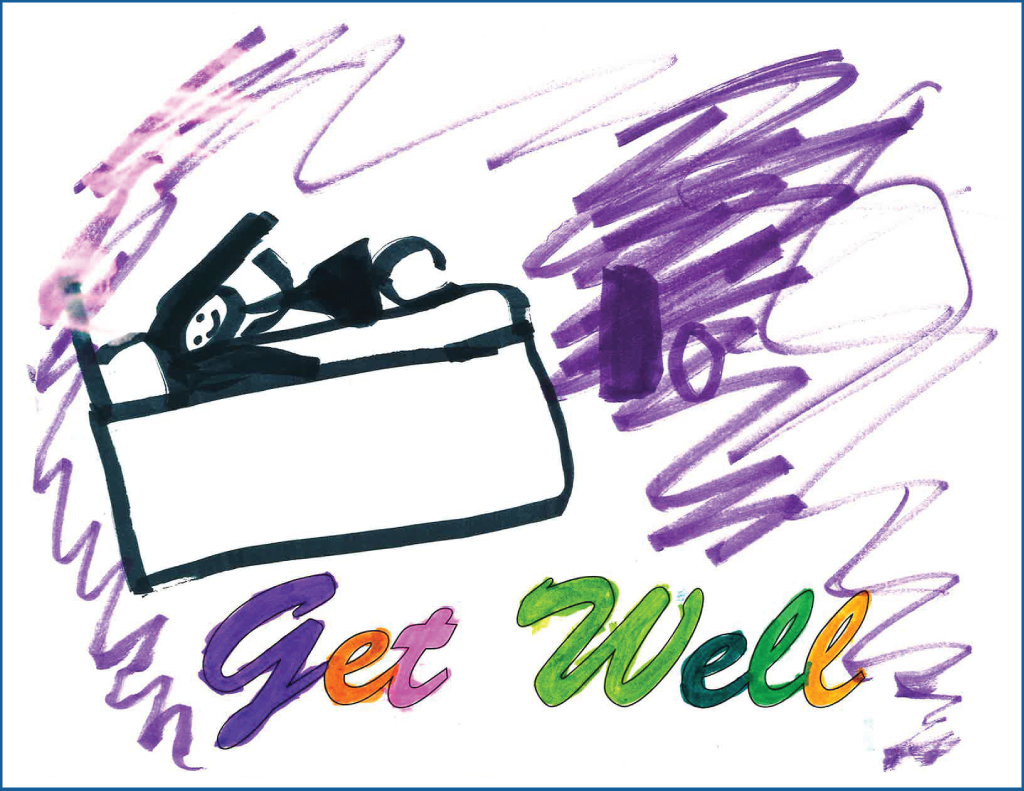
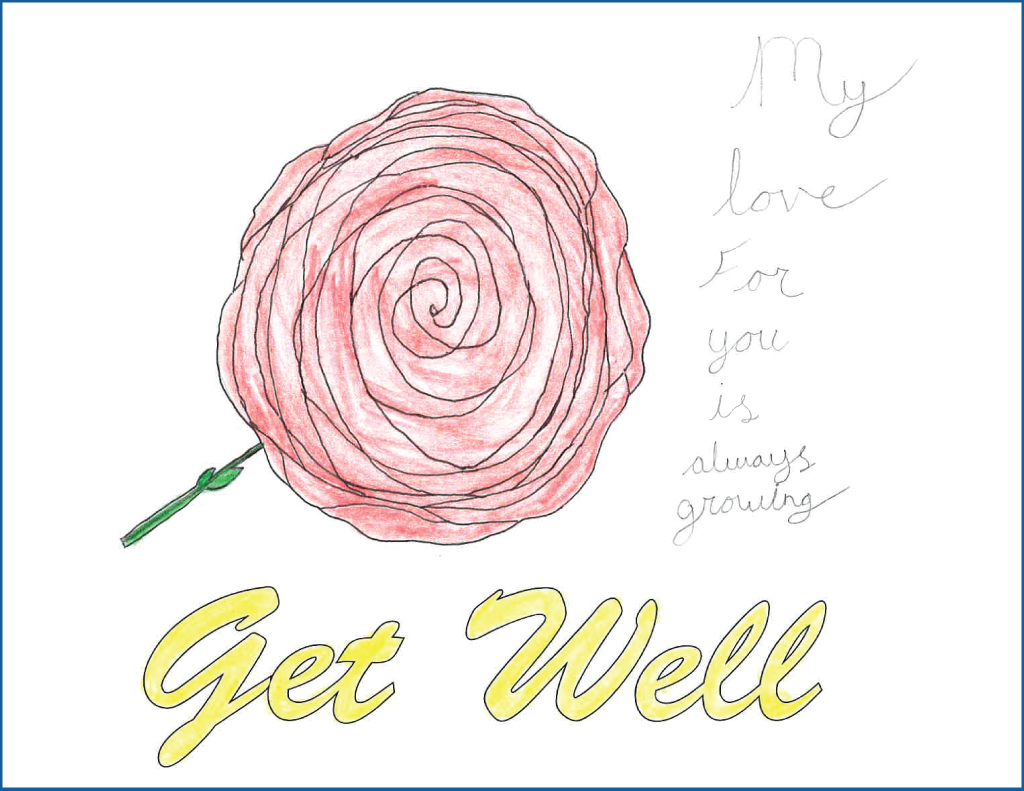
Happy Birthday
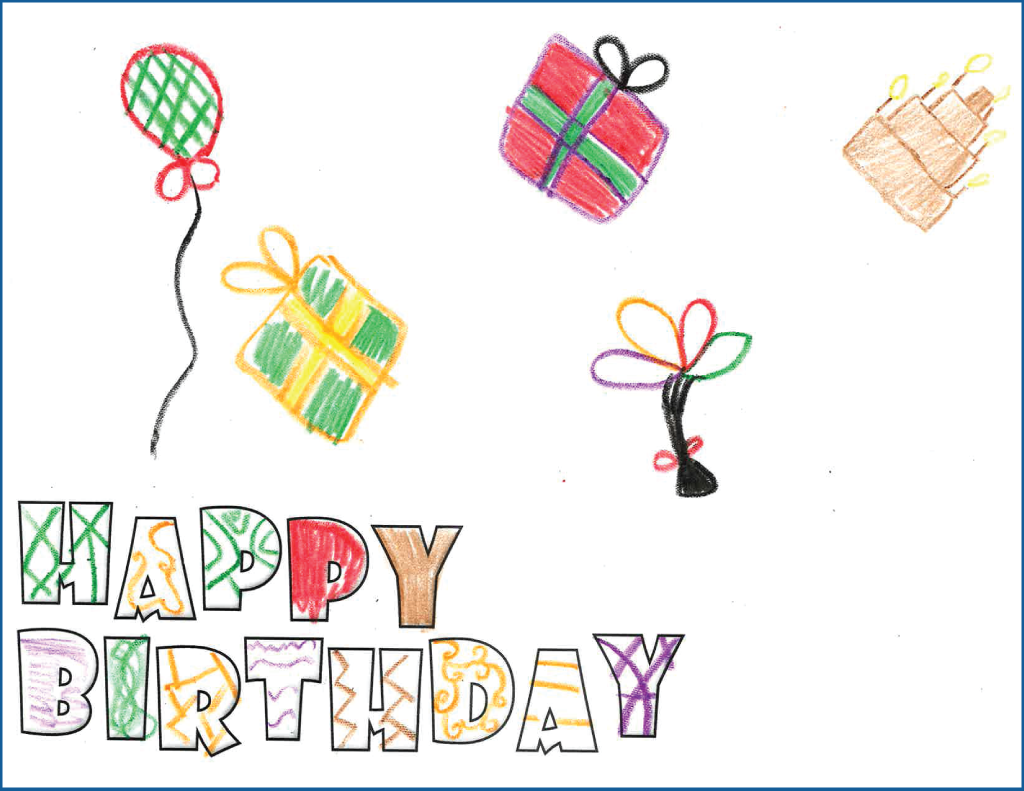
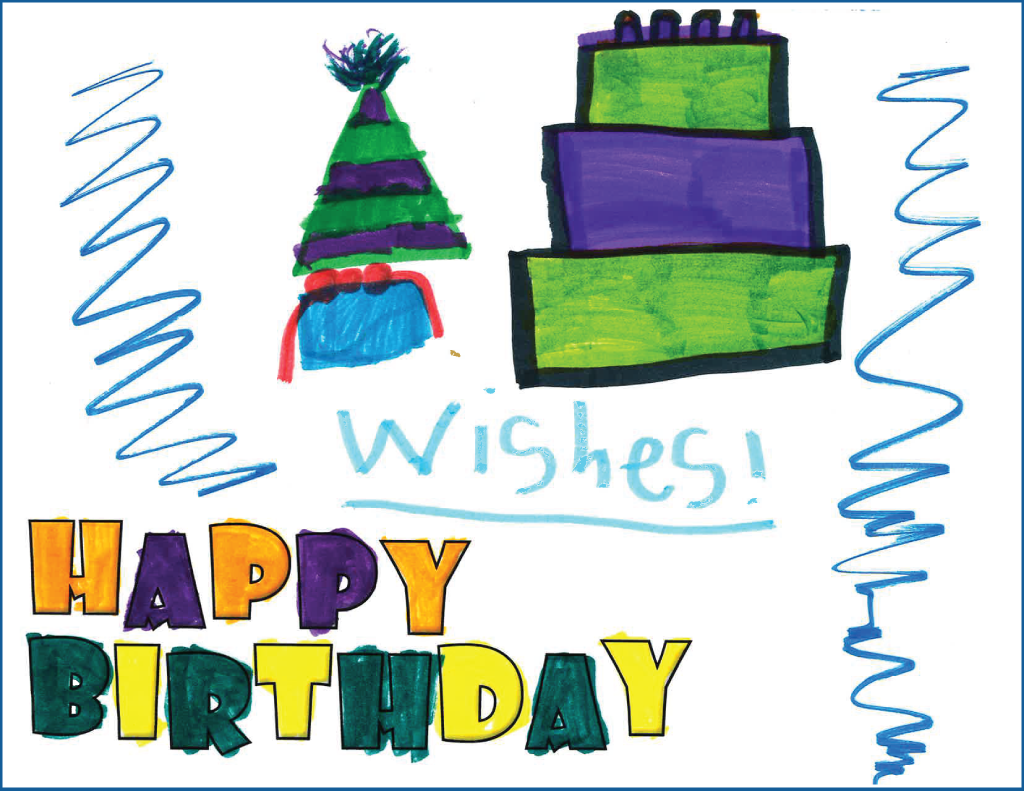
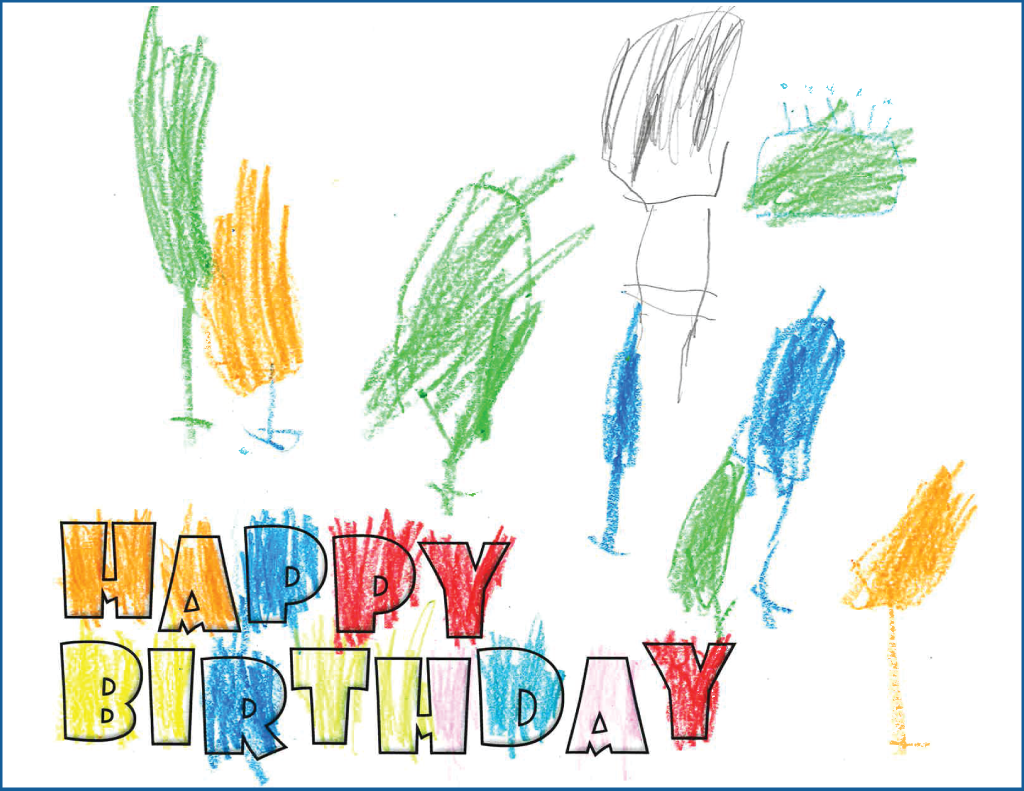
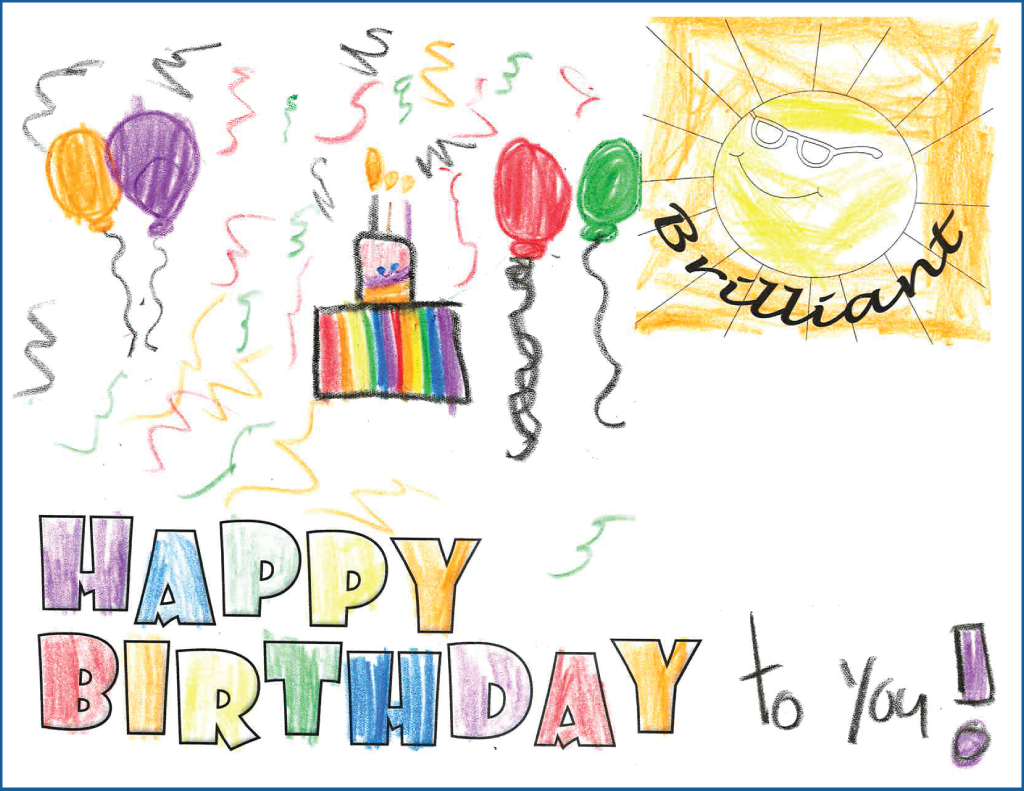
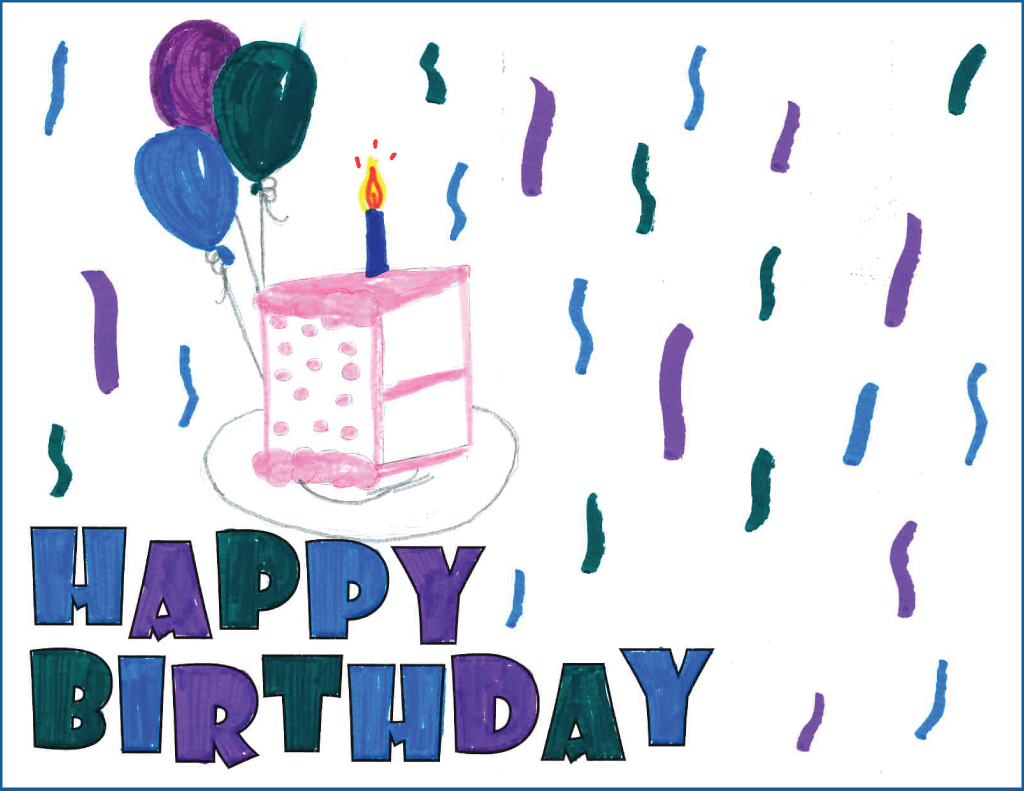
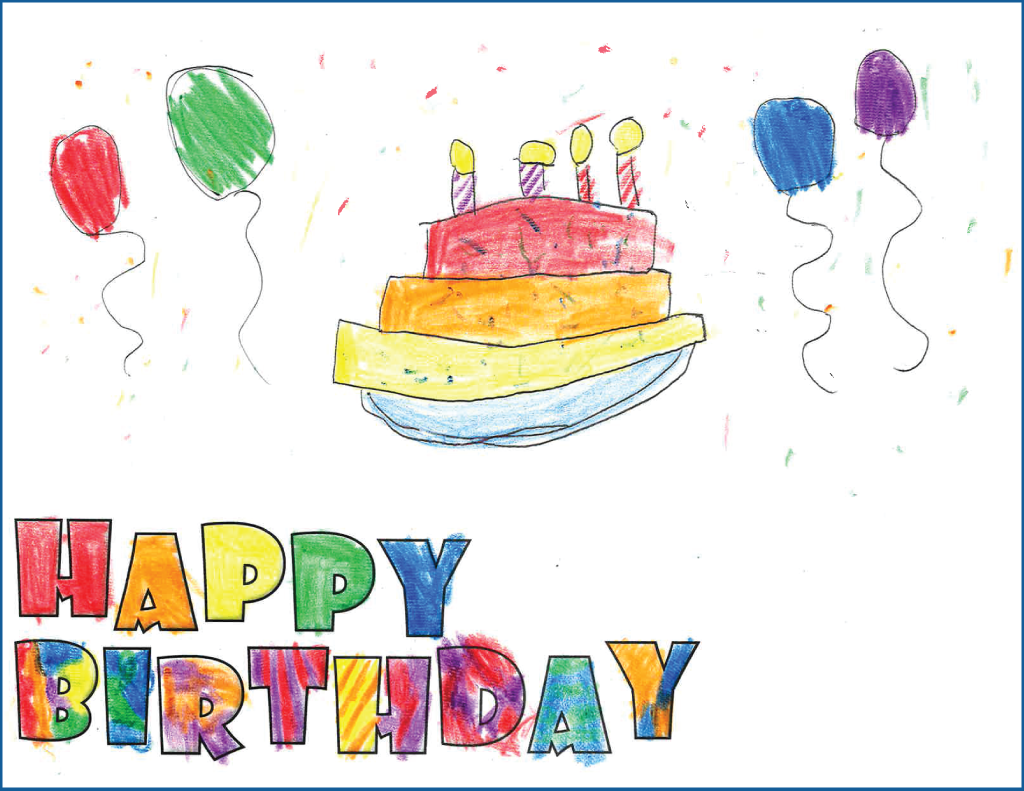
Happy Holidays
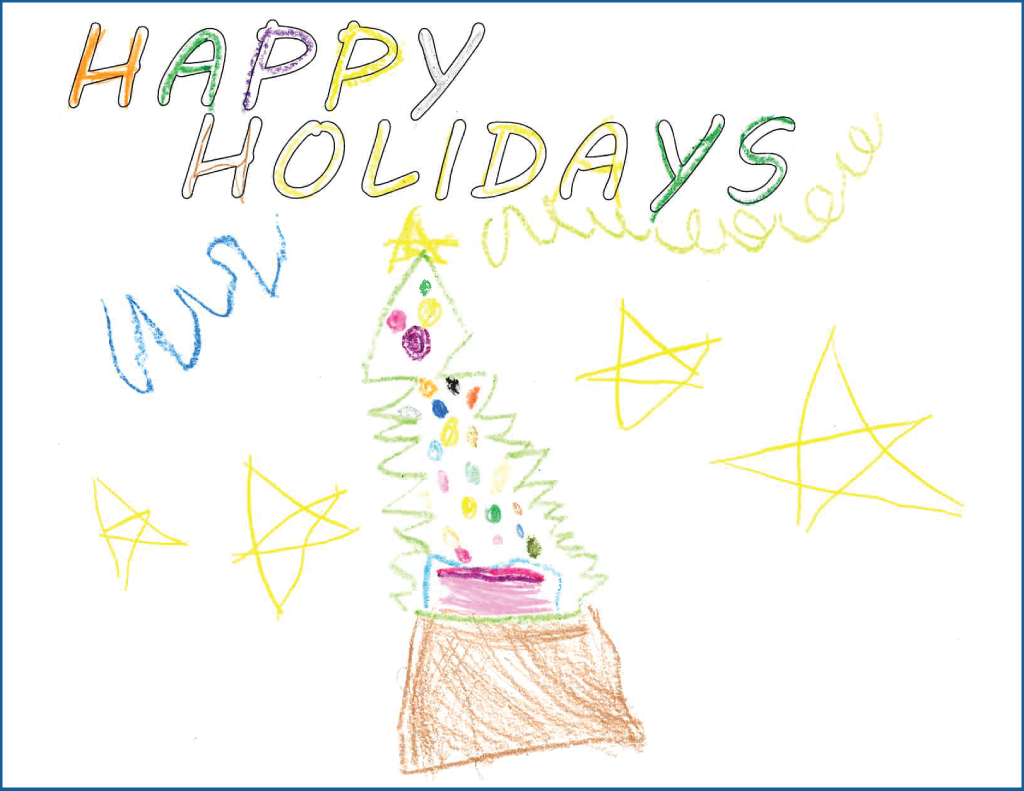
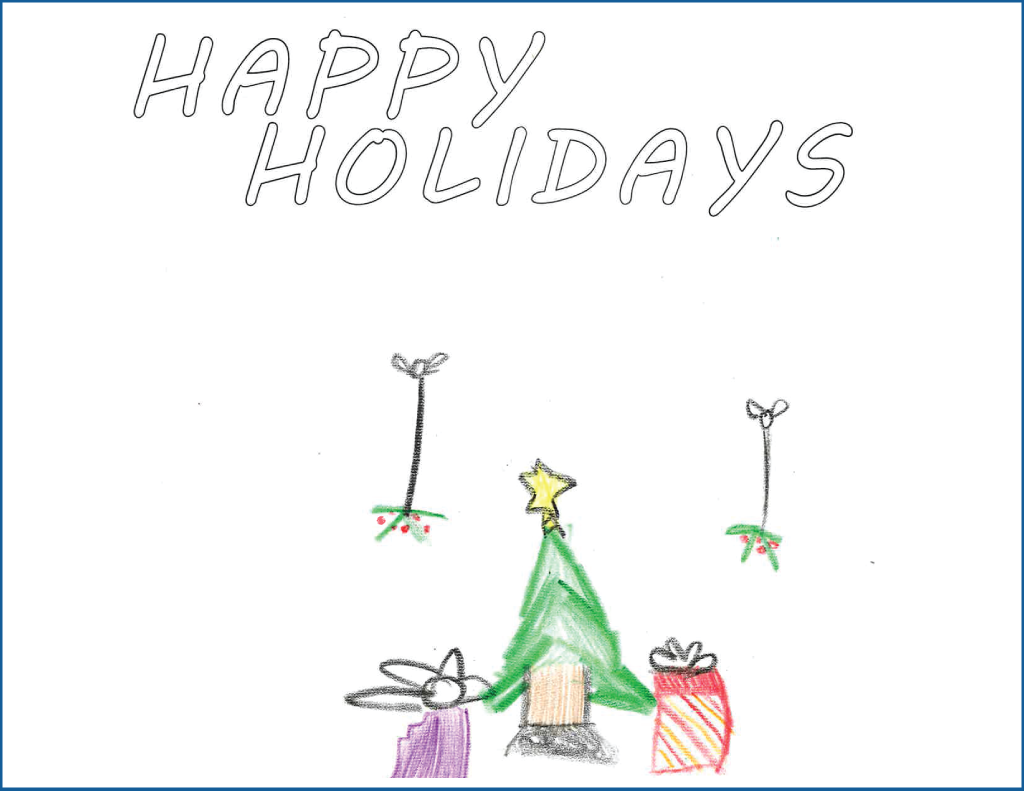


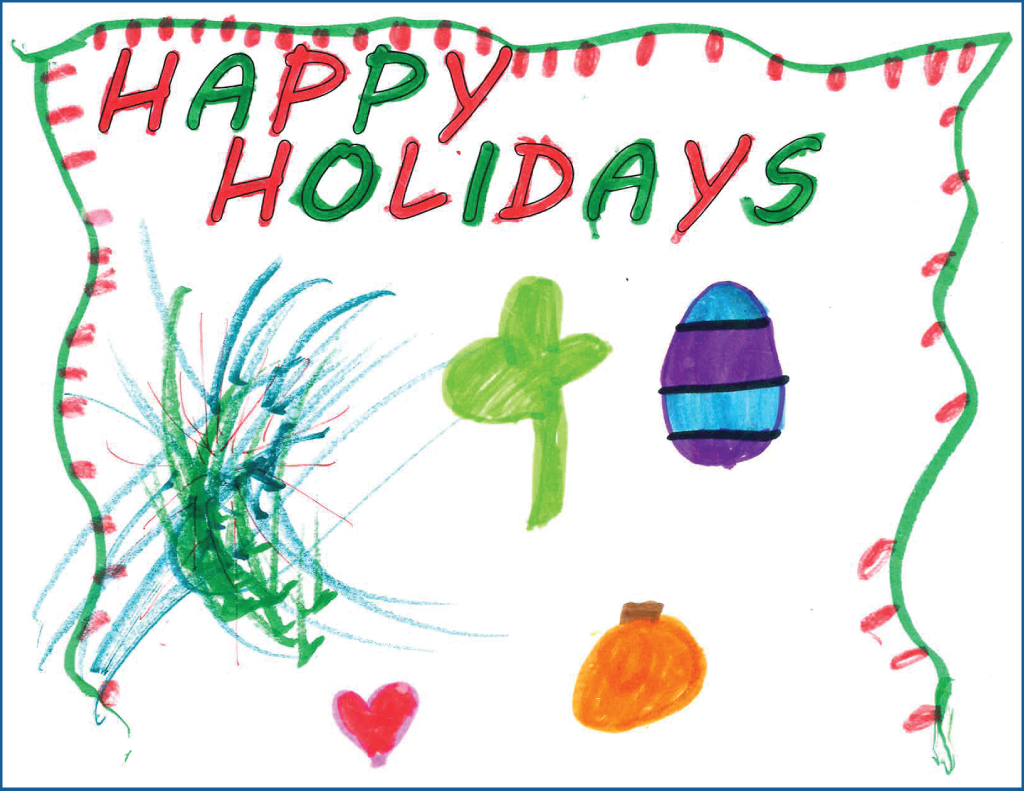
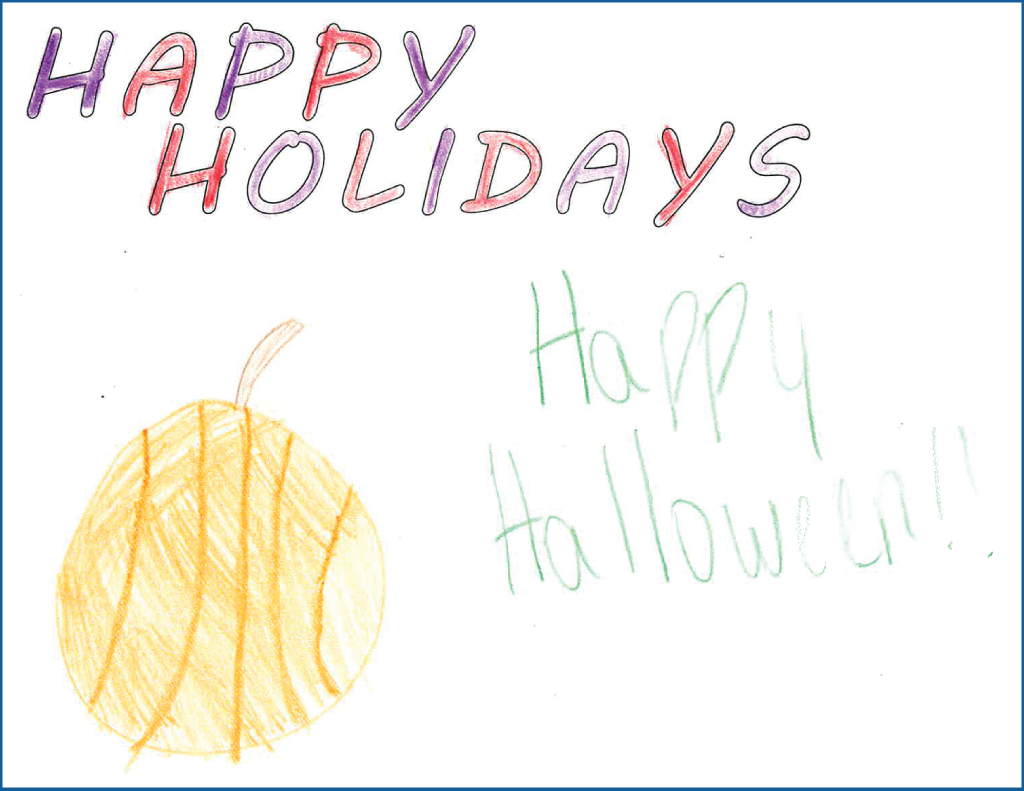
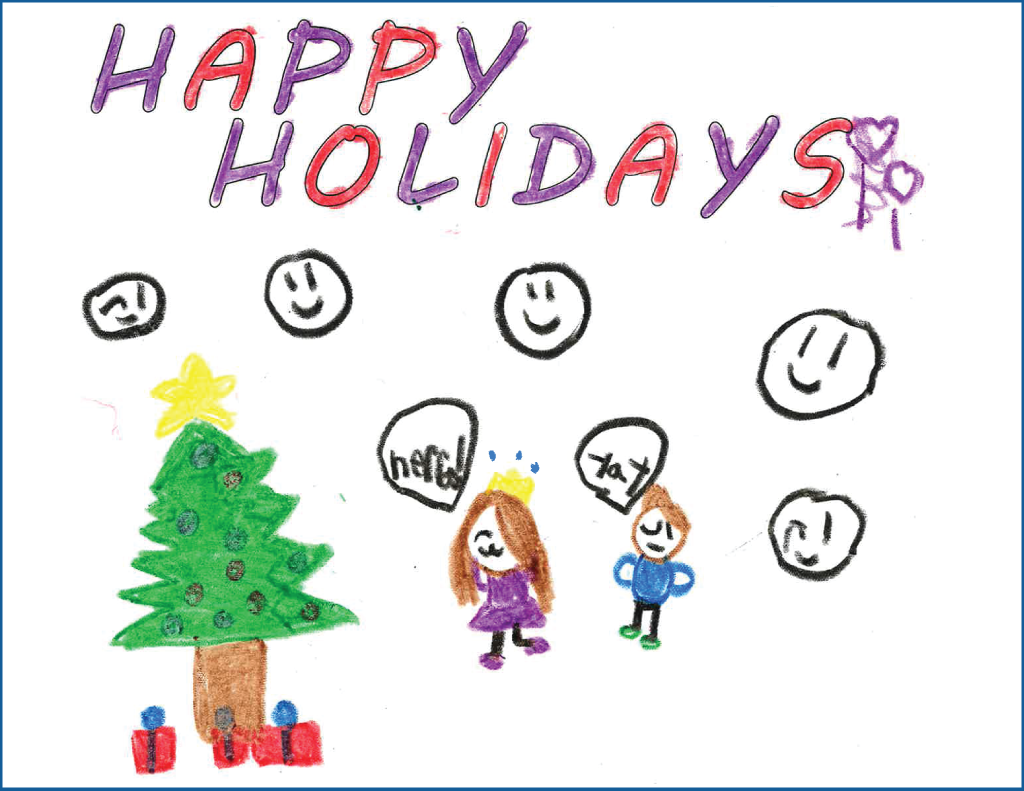
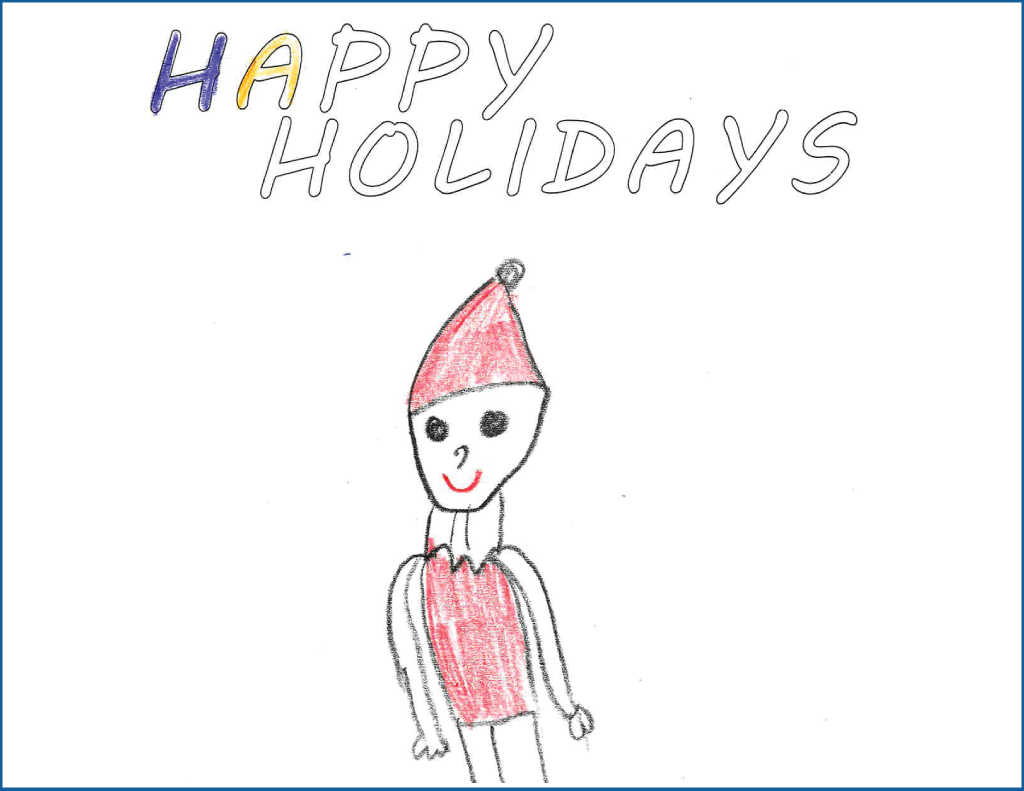
Thank You
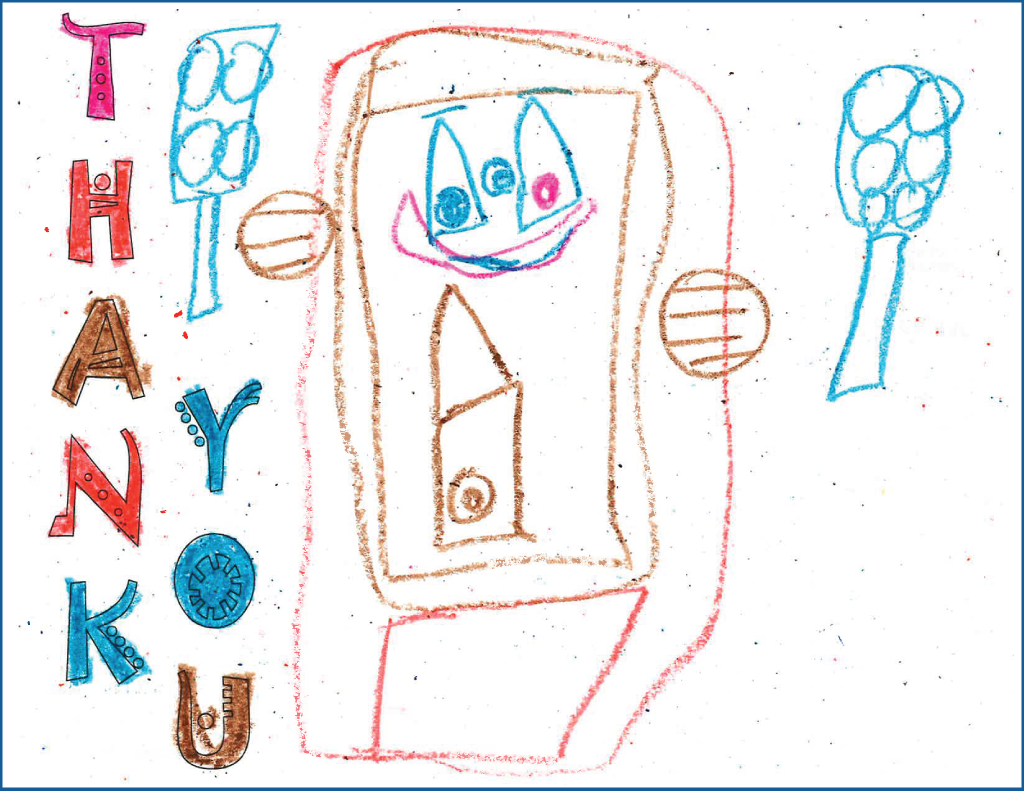
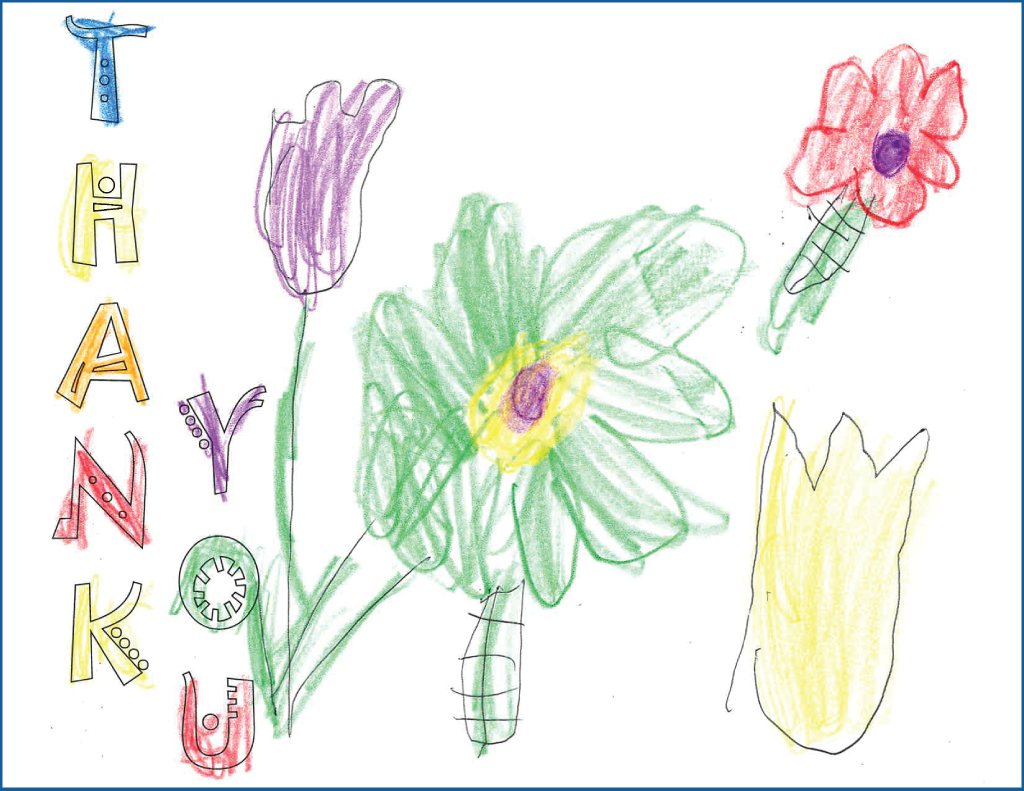
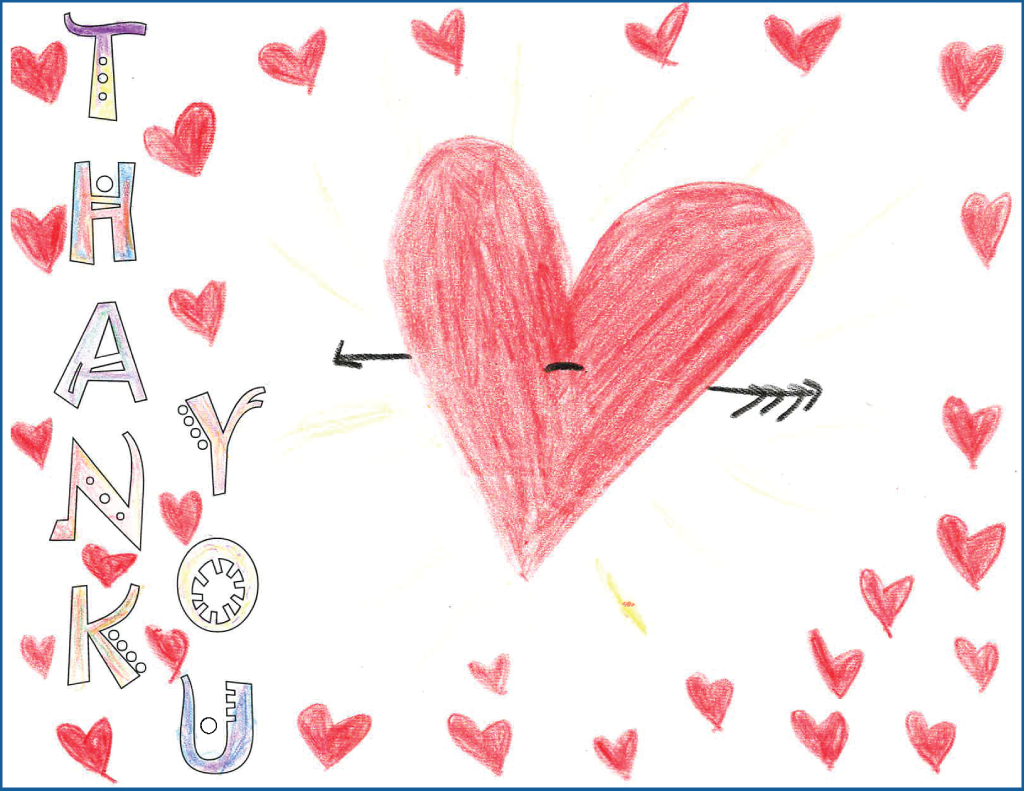
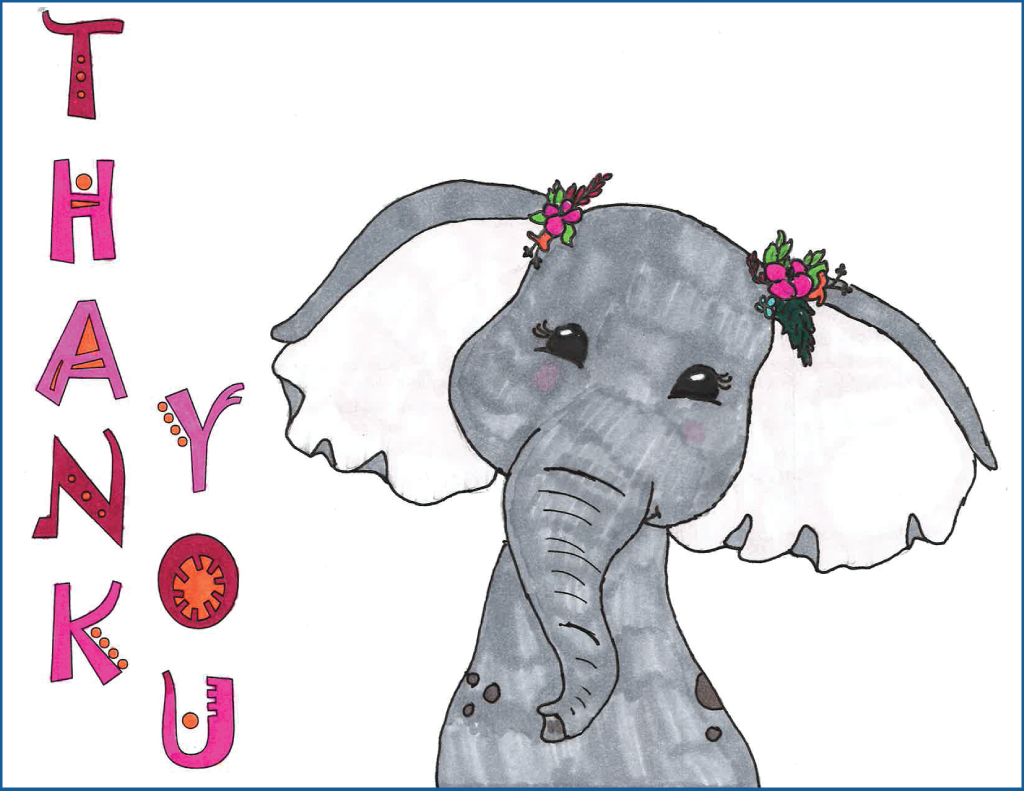
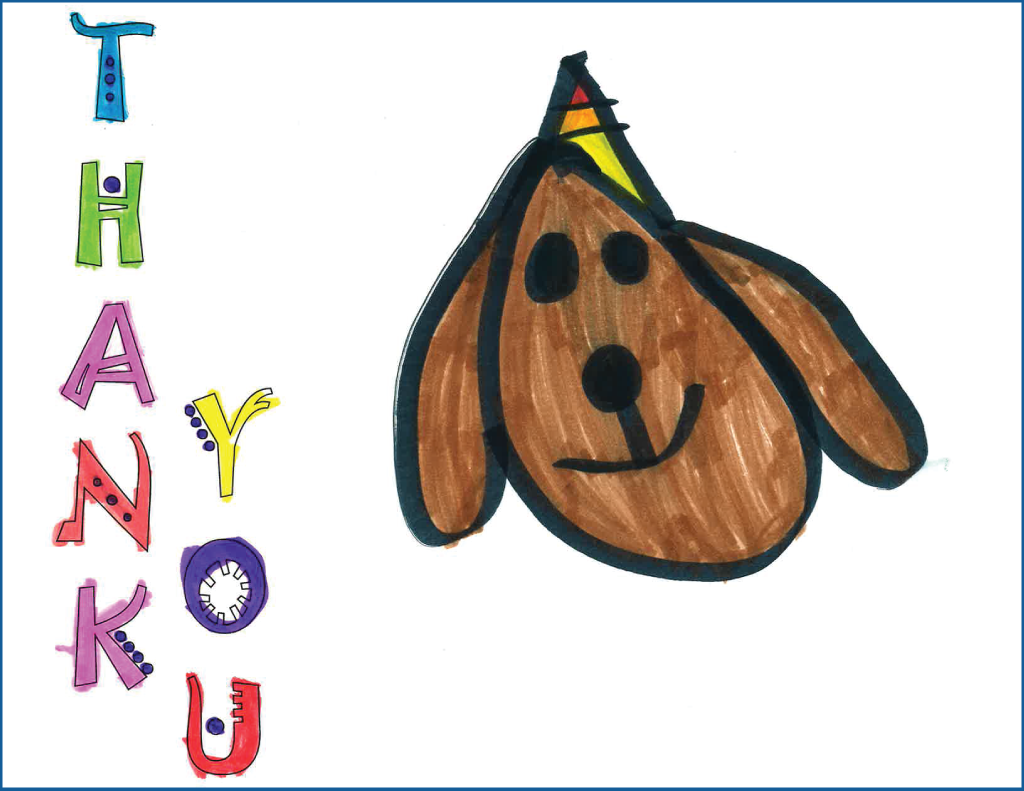
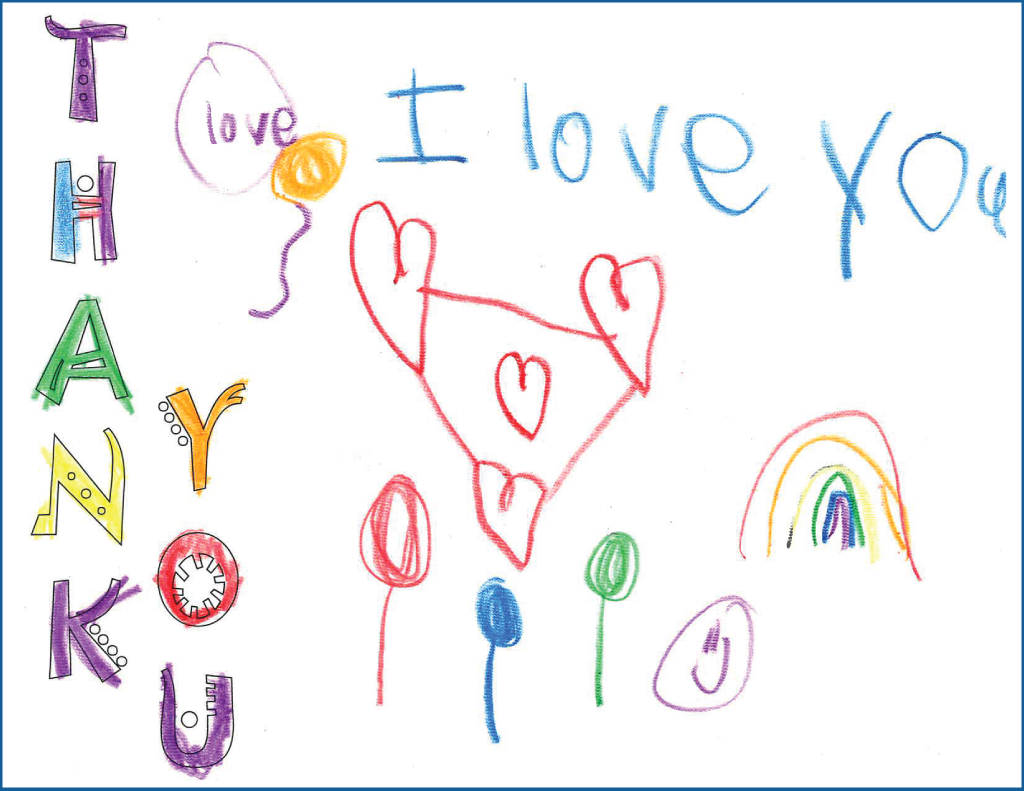
With Sympathy
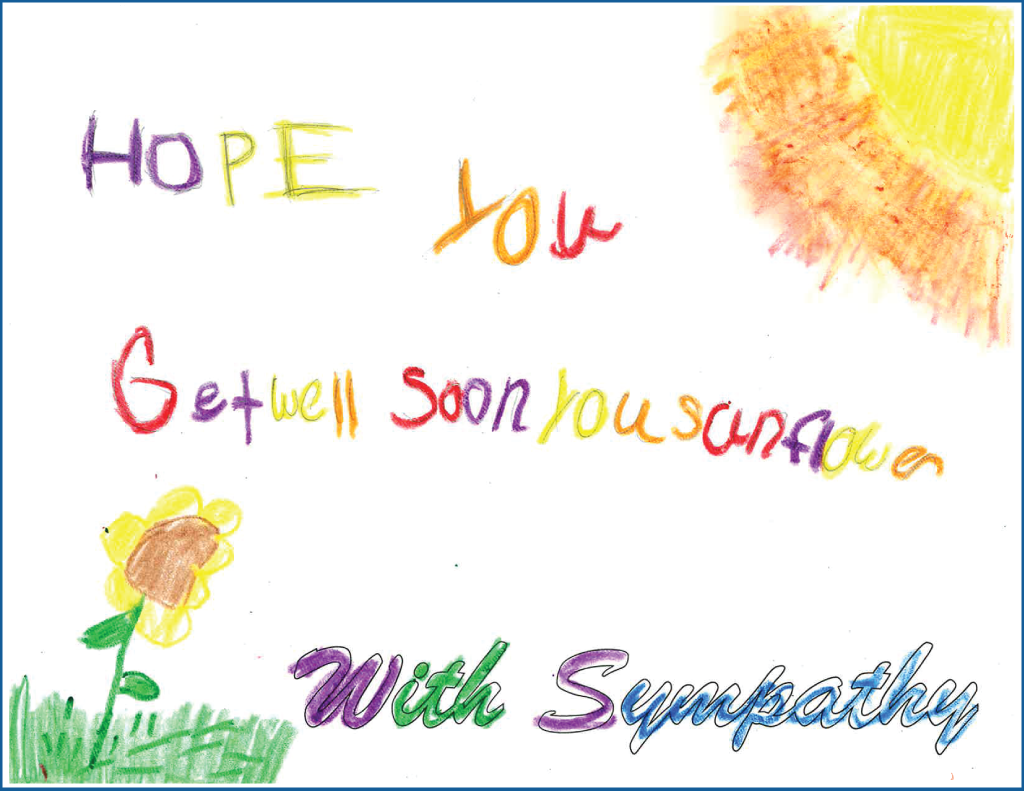
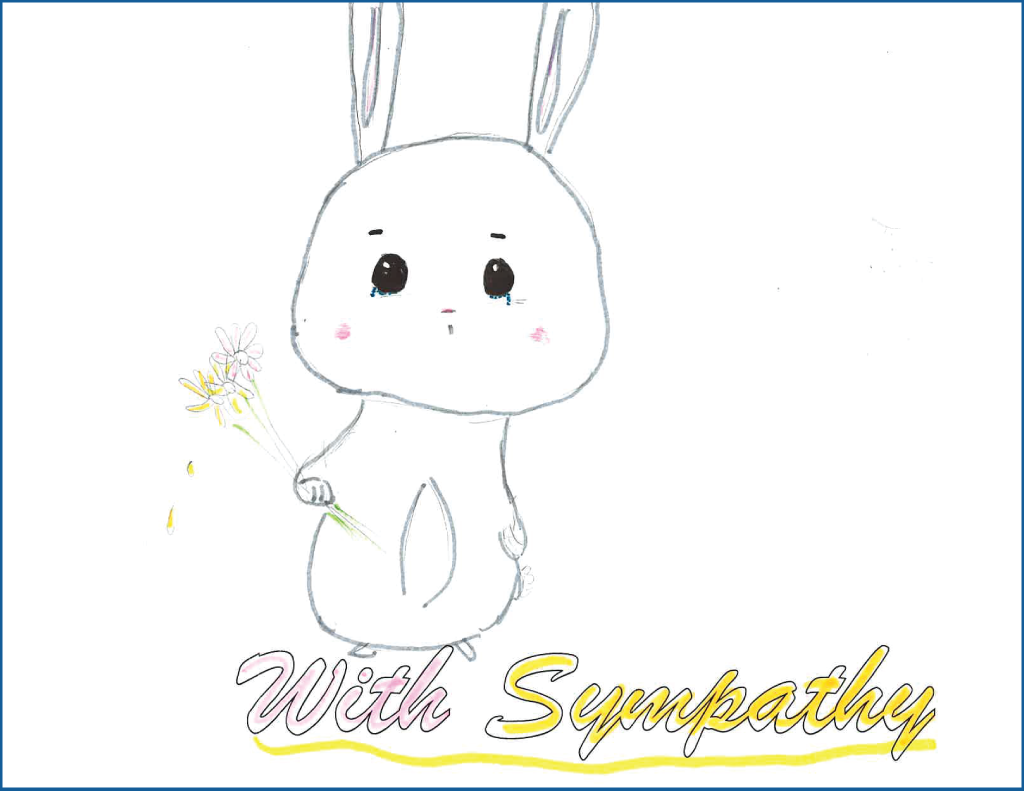
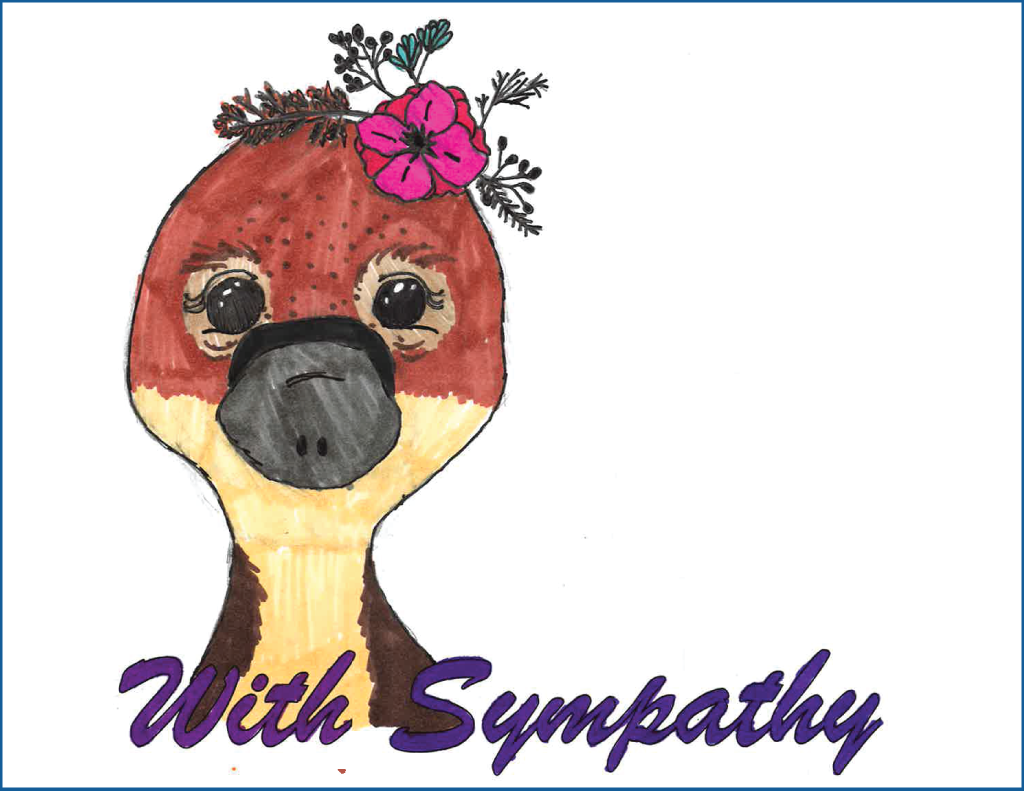
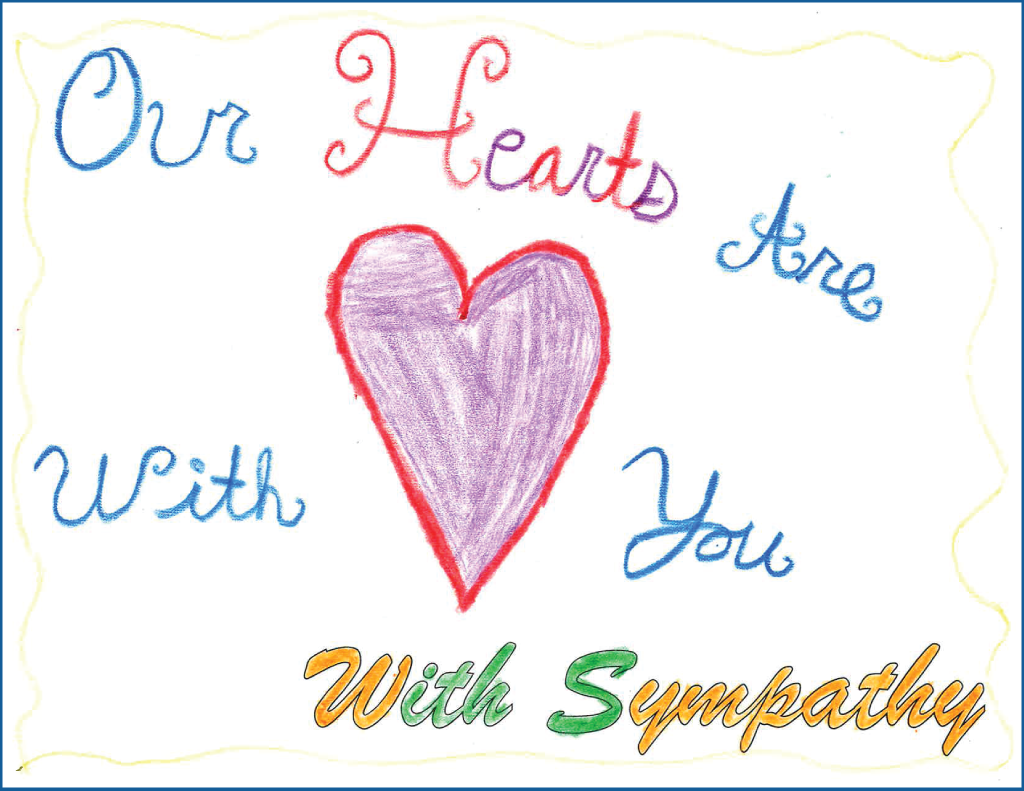
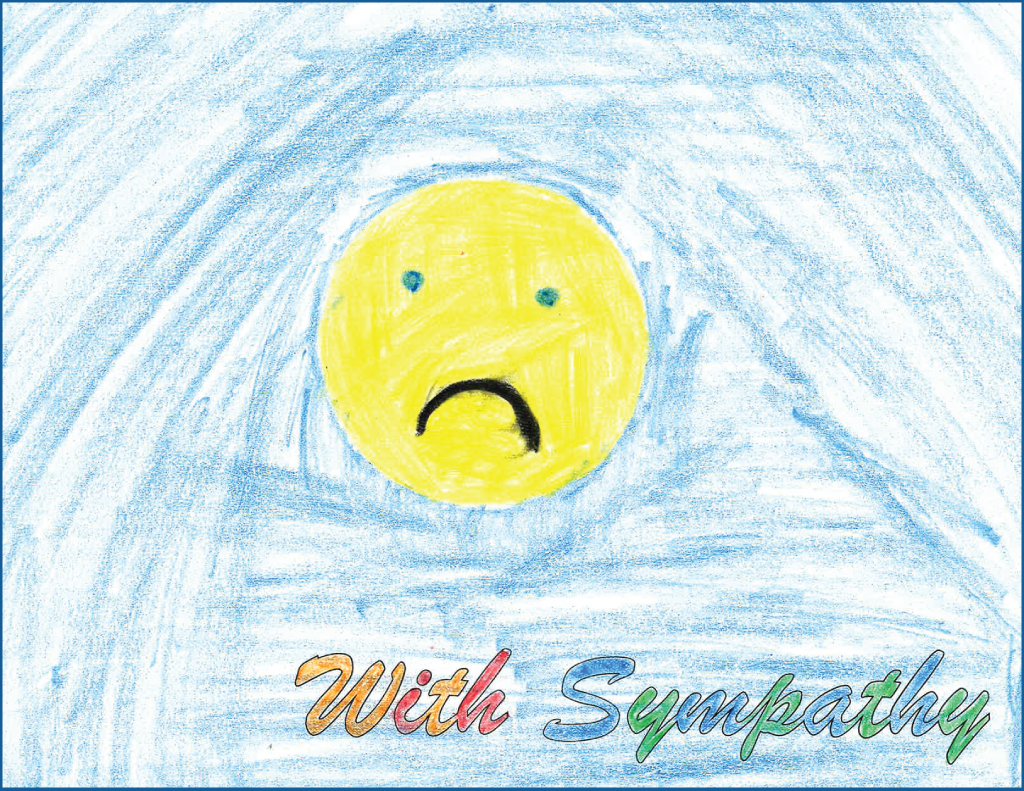
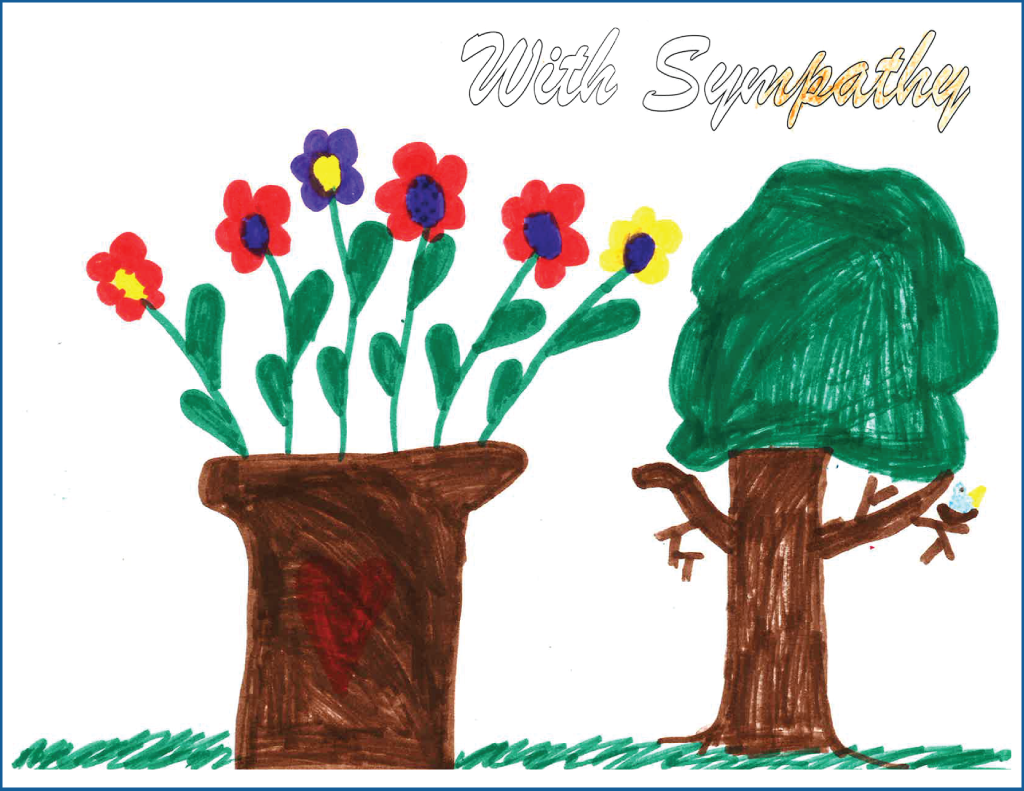
Reminder: Deadline Approaching for Families Affected by Managed Care Transition

Families transitioning to Medicaid managed care must select a health plan by or shortly after Jan. 10.
HealthChoice Illinois is the new Medicaid managed care program that is now required statewide.
The Illinois Department of Healthcare and Family Services (HFS) will move children with special healthcare needs into a HealthChoice Illinois health plan on Feb. 1, 2020.
These families must choose a HealthChoice Illinois health plan and primary care provider (PCP) by or shortly after Jan. 10. (Please note the specific deadline for your family is included in the enrollment packet you received from HealthChoice Illinois last month).
The University of Illinois at Chicago’s Division of Specialized Care for Children (DSCC) urges families affected by this transition to research which plan is right for them.
If a family does not choose a plan before the deadline, HFS will automatically assign them a plan and PCP.
Enrollment in a HealthChoice Illinois plan is mandatory for most DSCC families who both:
- Receive Medicaid and
- Do not have private health insurance
Note that if your child is a Home Care Program participant, your child will not transition to a HealthChoice Illinois plan. This transition only affects DSCC’s Core Program participants who meet the criteria above.
There are at least four HealthChoice Illinois health plans to choose from.
We developed a list of questions to help our participant families select the best plan for their family’s needs. The “MCO Selection Tip Sheet for Families” is available at https://dscc.uic.edu/browse-resources/available-brochures-pamphlets/. (Note the tip sheet is also available in Spanish.)
We strongly encourage families to use these tip sheet questions and reach out to a HealthChoice Illinois enrollment broker.
More information about Illinois’ managed care program is available at https://enrollhfs.illinois.gov/choose/compare-plans.
DSCC staff is working with HFS and its partners to continue our care coordination services for affected families beyond the Feb.1 transition.
We remain committed to supporting our families and making this transition to a new health plan as seamless as possible.
Families may contact their local DSCC regional office with questions. They may also reach us at (800) 322-3722 or dscc@uic.edu.


